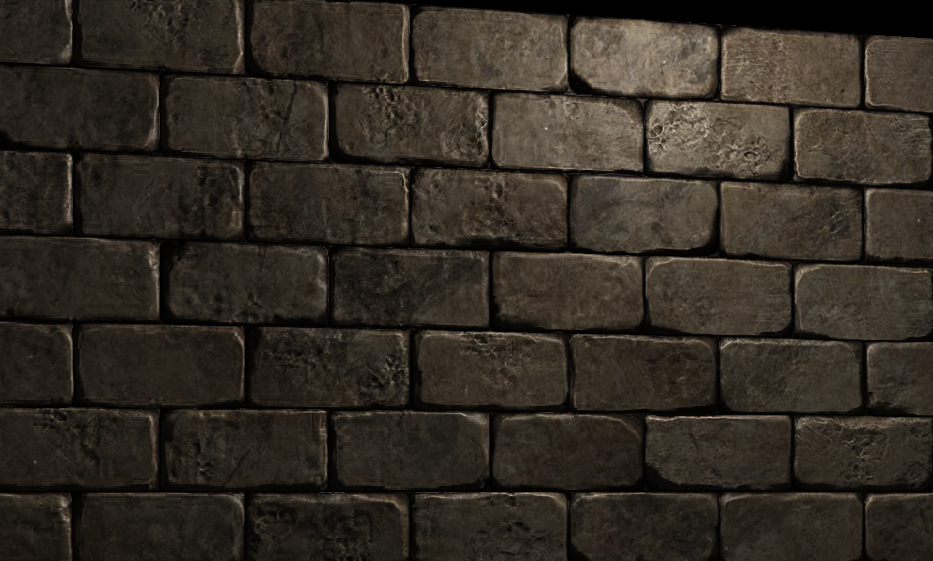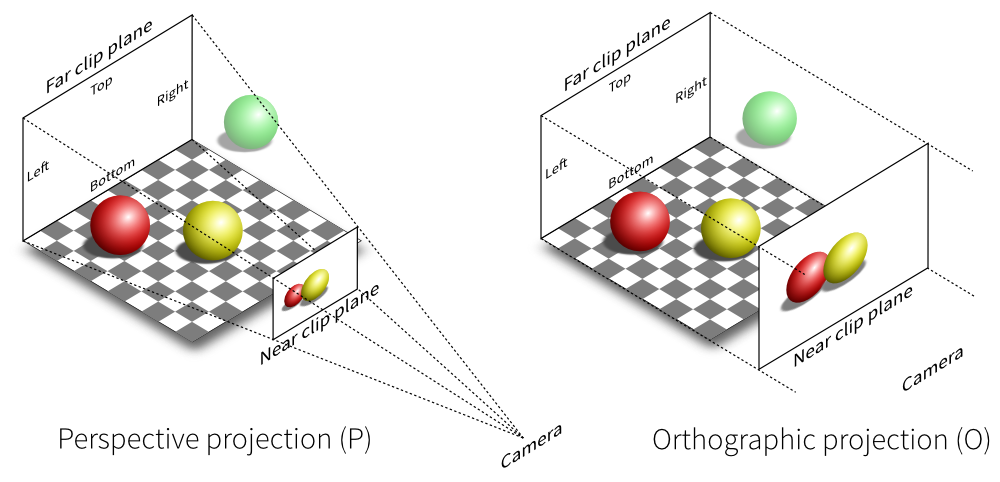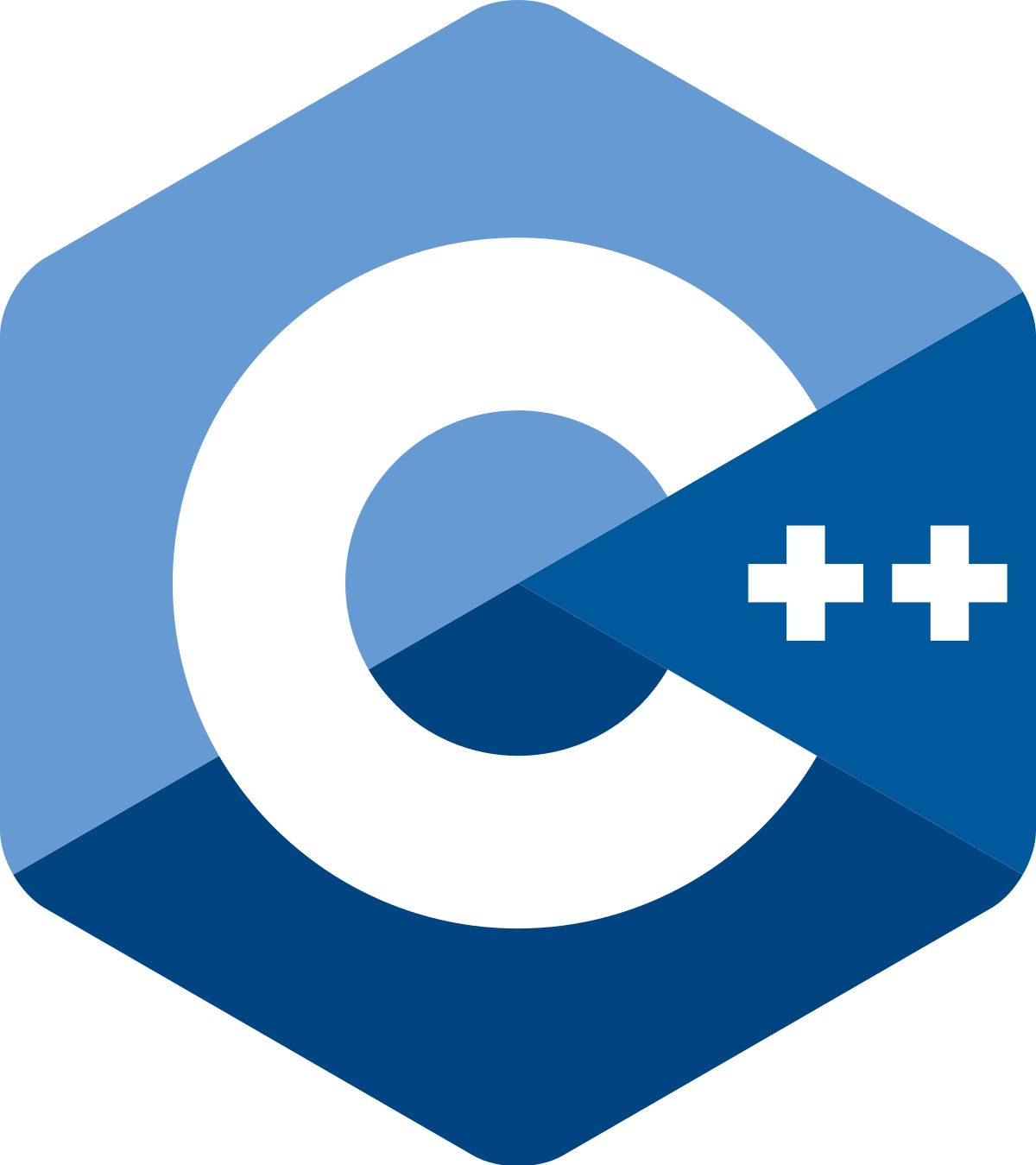1
2
3
4
5
6
7
8
9
10
11
12
13
14
15
16
17
18
19
20
21
22
23
24
25
26
27
28
29
30
31
32
33
34
35
36
37
38
39
40
41
42
43
44
45
46
47
48
49
50
51
52
53
54
55
56
57
58
59
60
61
62
63
64
65
66
67
68
69
70
71
72
73
74
75
76
77
78
79
80
81
82
83
84
85
86
87
88
89
90
91
92
93
94
95
96
97
98
99
100
101
102
103
104
105
106
107
108
109
110
111
112
113
114
115
116
117
118
119
120
121
122
123
124
125
126
127
128
129
130
131
132
133
134
135
136
137
138
|
#include <bits/stdc++.h>
#include <tr1/unordered_set>
namespace IO {
inline char read() {
static const int IN_LEN = 1000000;
static char buf[IN_LEN], *s, *t;
s == t ? t = (s = buf) + fread(buf, 1, IN_LEN, stdin) : 0;
return s == t ? -1 : *s++;
}
template <typename T>
inline void read(T &x) {
static char c;
static bool iosig;
for (c = read(), iosig = false; !isdigit(c); c = read()) {
if (c == -1) return;
c == '-' ? iosig = true : 0;
}
for (x = 0; isdigit(c); c = read()) x = x * 10 + (c ^ '0');
iosig ? x = -x : 0;
}
inline void read(char &c) {
while (c = read(), isspace(c) && c != -1)
;
}
const int OUT_LEN = 100000;
char obuf[OUT_LEN], *oh = obuf;
inline void print(char c) {
oh == obuf + OUT_LEN ? (fwrite(obuf, 1, OUT_LEN, stdout), oh = obuf) : 0;
*oh++ = c;
}
template <typename T>
inline void print(T x) {
static int buf[30], cnt;
if (x == 0) {
print('0');
} else {
x < 0 ? (print('-'), x = -x) : 0;
for (cnt = 0; x; x /= 10) buf[++cnt] = x % 10 | 48;
while (cnt) print((char)buf[cnt--]);
}
}
inline void flush() { fwrite(obuf, 1, oh - obuf, stdout); }
struct InputOutputStream {
~InputOutputStream() { flush(); }
template <typename T>
inline InputOutputStream &operator<<(const T &x) {
print(x);
return *this;
}
template <typename T>
inline InputOutputStream &operator>>(T &x) {
read(x);
return *this;
}
} io;
}
namespace {
typedef unsigned long long ulong;
inline ulong xorShift128Plus() {
static ulong seed1 = 495;
static ulong seed2 = 233;
register ulong x = seed1;
register const ulong y = seed2;
seed1 = y, x ^= x << 23;
seed2 = x ^ y ^ (x >> 17) ^ (y >> 26);
return seed2 + y;
}
using IO::io;
std::set<int> s;
std::tr1::unordered_set<ulong> exist;
const int MAXN = 100010;
ulong num[MAXN], size[MAXN], pos[MAXN], h[MAXN];
int n, m, q;
inline void solve() {
io >> n >> m >> q;
for (register int i = 1; i <= n; i++) num[i] = xorShift128Plus();
s.insert(1);
for (register int i = 1; i <= n; i++) h[1] ^= num[i], size[1]++, pos[i] = 1;
for (register int i = 1, x, y; i <= q; i++) {
register char c;
io >> c >> x >> y;
switch (c) {
case 'C': {
if (pos[x] == y) continue;
s.erase(pos[x]), s.erase(y);
h[pos[x]] ^= num[x], size[pos[x]]--;
if (exist.find(h[pos[x]]) == exist.end()) s.insert(pos[x]);
h[y] ^= num[x], size[y]++;
if (exist.find(h[y]) == exist.end()) s.insert(y);
pos[x] = y;
break;
}
case 'W': {
register int ans = 0;
for (register std::set<int>::iterator it = s.lower_bound(x);
it != s.end() && *it <= y; it = s.lower_bound(x))
exist.insert(h[*it]), ans += size[*it], s.erase(it);
io << ans << '\n';
break;
}
}
}
}
}
int main() {
#ifdef DBG
freopen("sample/1.in", "r", stdin);
#endif
solve();
return 0;
}
|



